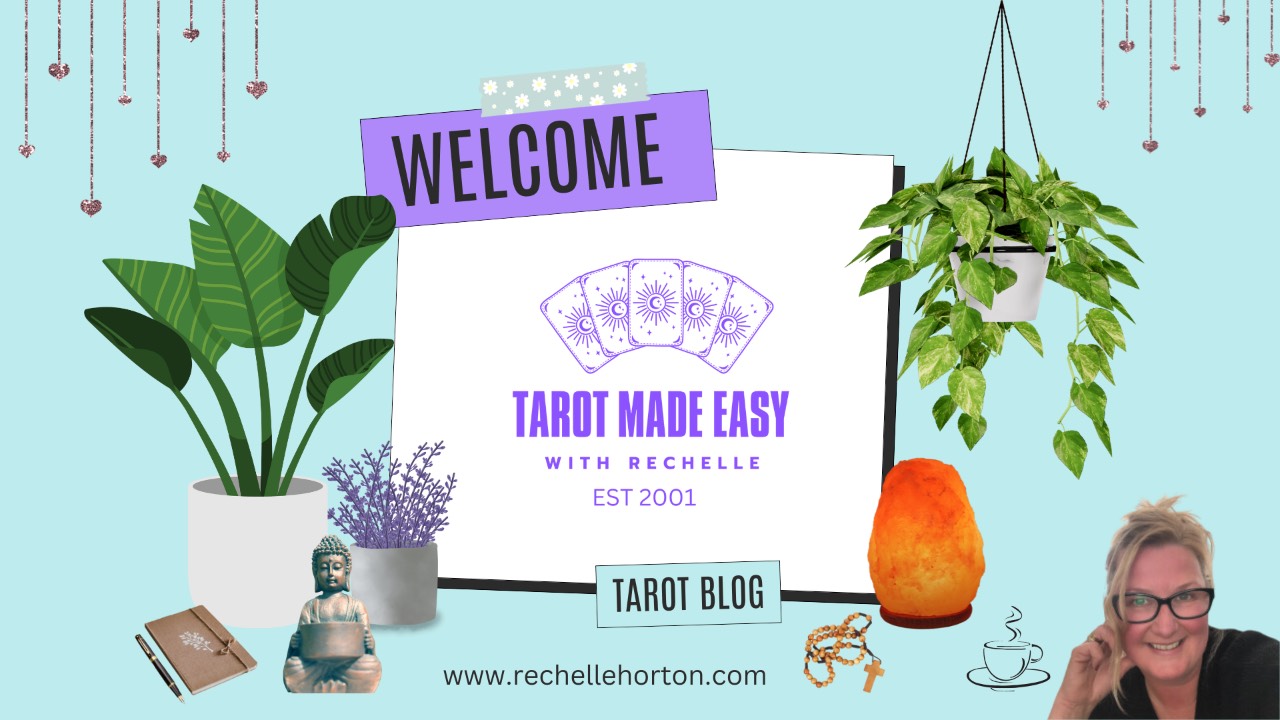Are Tarot Readings Accurate?

The accuracy of Tarot readings is a topic that often sparks debate, primarily due to the subjective nature of the practice. Tarot cards are a tool used for divination, or the attempt to gain insight into a question or situation through the interpretation of symbols. The cards themselves, with their rich imagery and historical archetypes, serve as prompts for reflection and intuition rather than providing concrete answers. For some, the interpretations can be astonishingly accurate, offering guidance that resonates deeply with their personal experiences and circumstances.
However, it's important to recognize that the perceived accuracy of a Tarot reading can be influenced by several factors, including the skill and intuition of the reader, the openness of the individual receiving the reading, and the specific questions being asked. Experienced Tarot readers often have a deep understanding of the symbolism and can skillfully weave the card meanings into a narrative that feels relevant and meaningful. This does not necessarily mean the cards are predicting the future in a literal sense, but rather that they are facilitating a process of introspection and insight.
Ultimately, the value of a Tarot reading may lie more in the process than in the outcome. Whether or not one believes in the mystical aspects of Tarot, the practice can serve as a powerful tool for self-reflection, decision-making, and personal growth. It encourages individuals to explore their thoughts and feelings, consider new perspectives, and gain clarity on their life path. In this way, the accuracy of a Tarot reading can be seen as a reflection of its ability to provide meaningful and constructive guidance, rather than a definitive prediction of future events.



